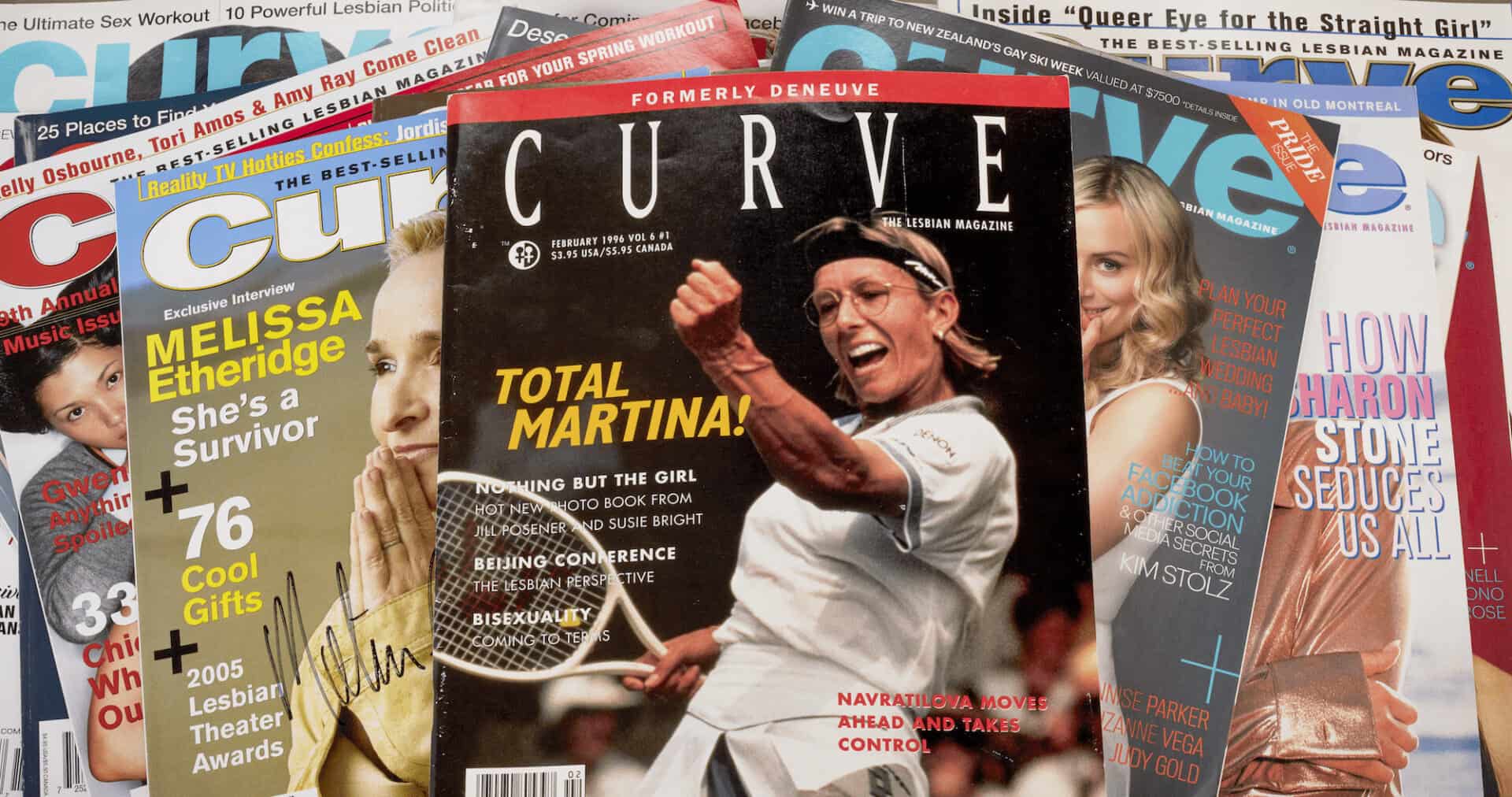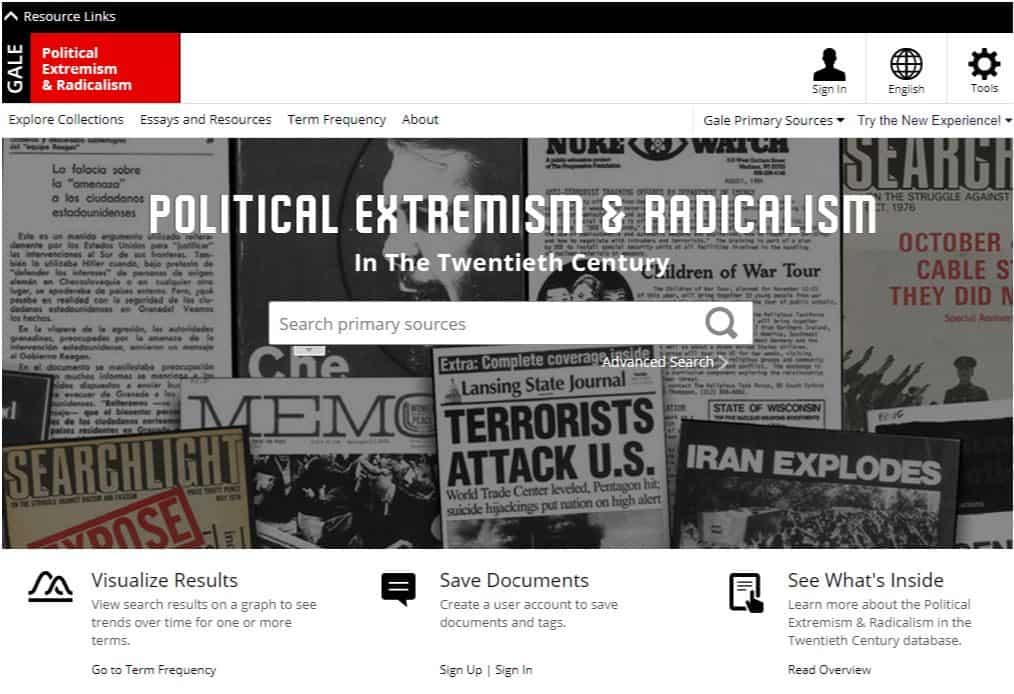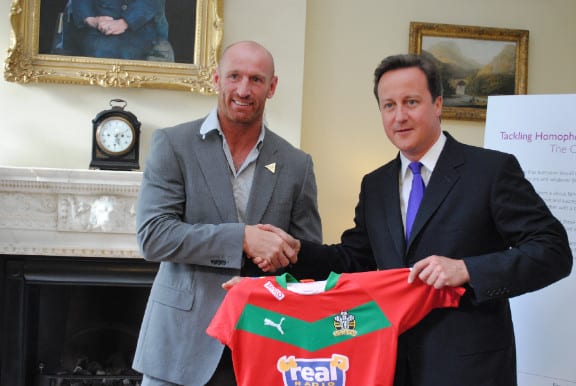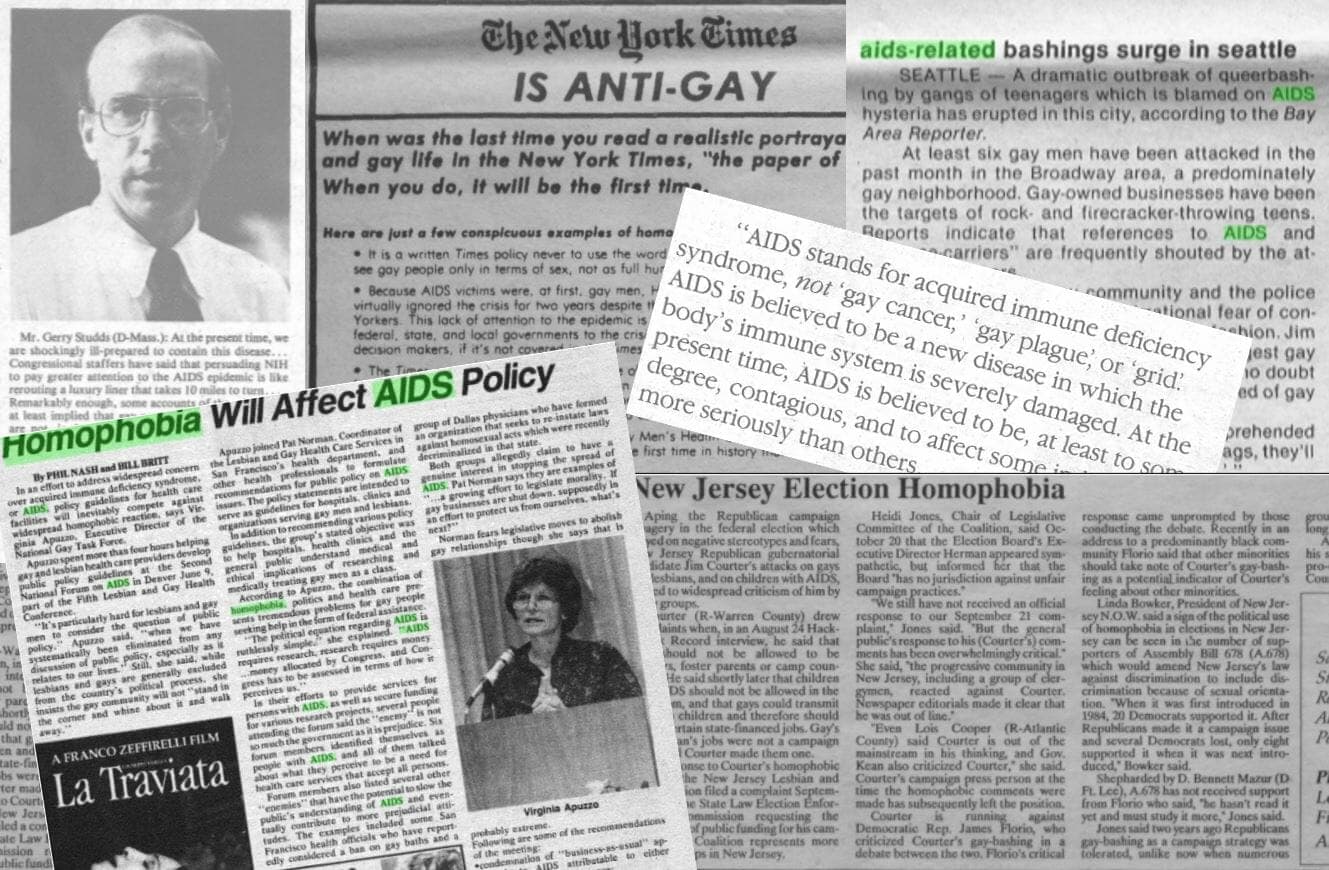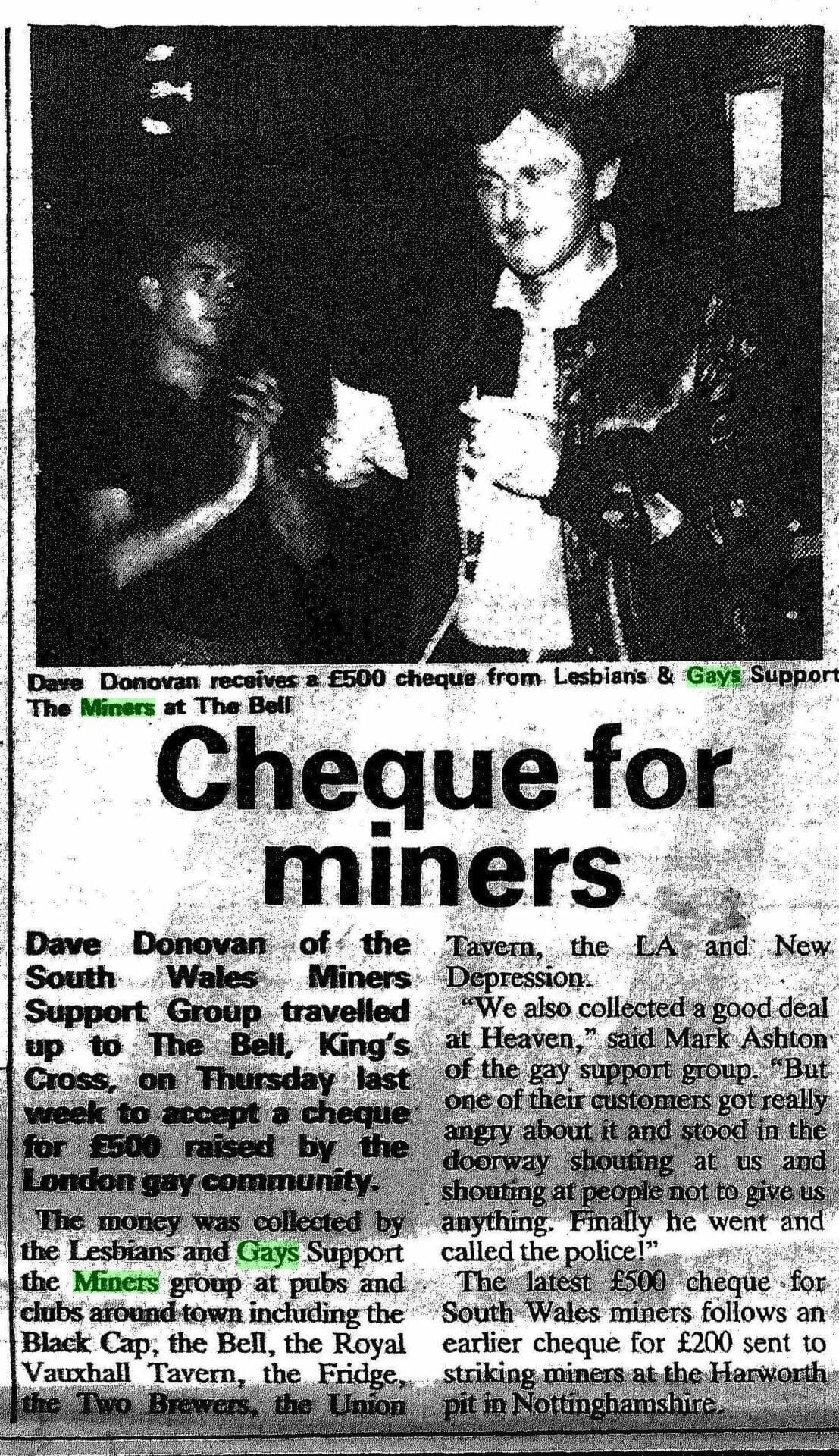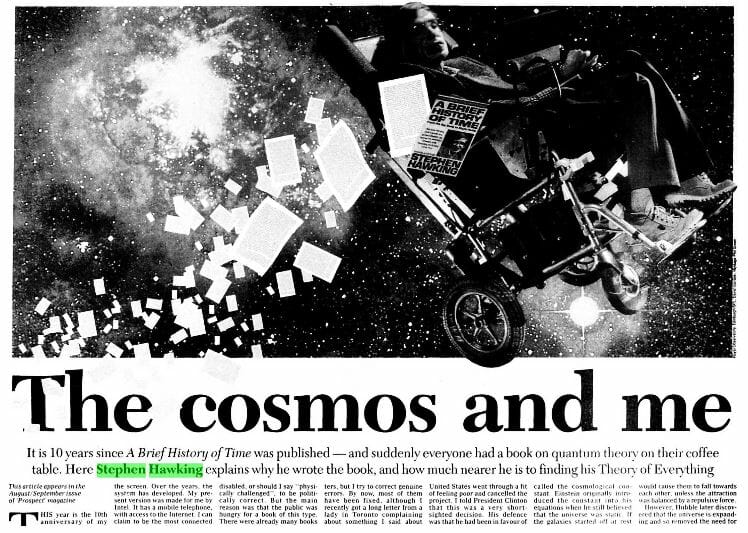│By Vicky Fielding, Senior Marketing Manager │
There are currently 61 oral histories in Political Extremism and Radicalism in the Twentieth Century Far-Right and Left Political Groups in the US, Europe and Australia. These interviews, which are available as audio recordings and transcripts, were recorded in 2015 by researchers from the University of Northampton in collaboration with Gerry Gable and the Searchlight network with anti-fascist activists active from the 1940s–1990s. They are exclusive recordings with anti-fascists about their experiences, discussing the post-war history of anti-fascism and what caused them to become engaged in the movement.

